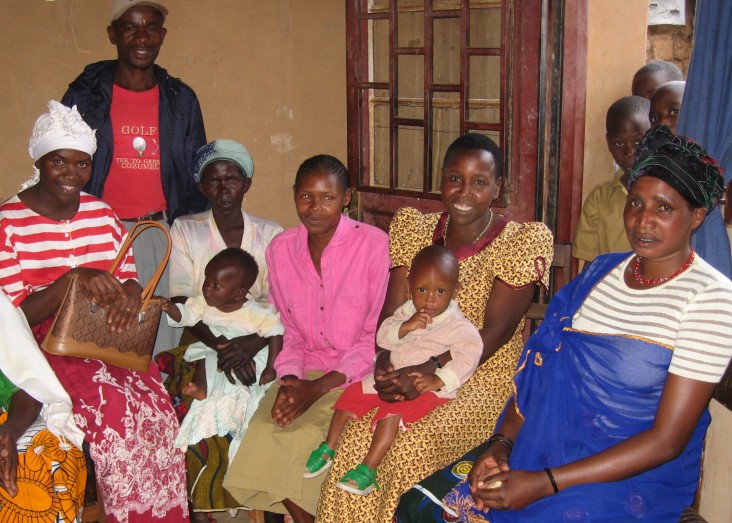Speeches Shim

Agriculture and Food Security
Rwanda has developed its national and local government institutions to maintain security, promote reconciliation, improve service delivery, and strengthen local governments for decentralization. However, challenges remain, including a weak civil society, low media capacity, reconciliation, limited political space and competition, and few civic engagement opportunities. We work with the government and civil society organizations to support these goals, ensuring a solid foundation for sustainable development.
Democracy, Human Rights, and Governance
USAID’s democracy and governance program build on past progress to deepen ongoing reconciliation efforts across the country. We strengthen civil society, address human trafficking concerns, create meaningful opportunities for civic engagement, improve rule of law, empower the burgeoning youth population, and professionalize the media sector.
Economic Growth
Because over 70 percent of Rwandans rely on subsistence agriculture, our economic growth program expand economic opportunities in rural areas by transforming the agriculture sector from its current subsistence nature to market-led, demand-driven agriculture, while supporting the role of agriculture in improving the nutrition status of the population. Through the U.S. Global Food Security Strategy, we fund programs that strengthen and increase the competitiveness of staple value chains – including beans, maize, sweet potatoes and more – that expand farmers’ access to markets through domestic and regional trade facilitation, promote private sector investment in agriculture and address root causes of food insecurity and under-nutrition.
Education
Our education programs strengthen early grade literacy and numeracy in Kinyarwanda and English as a foundation for future learning. We provide innovative teaching and learning materials to schools, training and mentoring to teachers, and assist in the development of reading assessment tools for improved teaching and informed policy-making. We also support youth workforce readiness programs, which assist young people in developing the skills and attitudes necessary to find jobs, create their own employment and participate constructively in their communities.
Global Health
The United States is Rwanda’s largest bilateral donor of HIV/AIDS funding under the President’s Emergency Plan for AIDS Relief (PEPFAR). Through PEPFAR, we support prevention of mother-to-child HIV transmission, voluntary counseling and testing, care and treatment, health systems strengthening, and psycho-social and support services to HIV/AIDS patients, orphans, and other vulnerable people. Rwanda benefits from the U.S. President’s Malaria Initiative (PMI), which supports strategy expansion and tools for malaria prevention and treatment, including distribution of bed nets, rapid tests for community-level diagnosis and research. In 2010, Rwanda was selected as a pilot country for the Global Health Initiative (GHI). Rwanda’s GHI strategy builds the capacity of the health system and supports expanding access to family planning information, ending preventable maternal and child deaths, and improving nutrition.


Comment
Make a general inquiry or suggest an improvement.